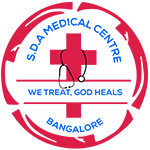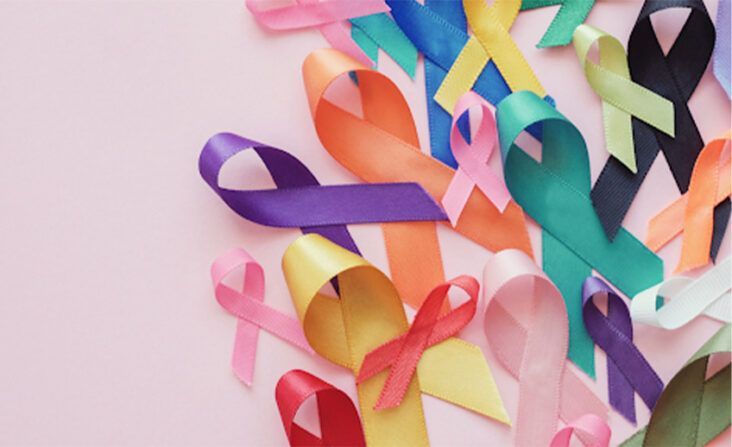Table of Contents
In the previous article we made an attempt at understanding how and why cancer occurs. We also took a detailed view at specific risk factors that increase an individual’s risk of getting Cancer. Not all cancers are preventable, including cancers with a genetic basis (certain types of breast, ovarian cancer and colon cancer), childhood cancers like leukaemia. A significant proportion of cancers do occur due to preventable causes like tobacco consumption, alcohol consumption and infections. However, there are steps you can take to reduce your overall risk of developing or dying from preventable cancers.
Avoid tobacco consumption in any form.
Even second hand smoke can significantly increase the risk of cancer in an individual. The direct and dangerous effects of tobacco smoking and chewing are detailed in Part 1 of the ‘Understanding Cancer’ article.
Maintain a healthy weight by regularly exercising.
Physical activity can help regulate some hormones that contribute to the development of cancer and help keep the immune system healthy. Adults should get at least 150 minutes of moderate-intensity or 75 minutes of vigorous-intensity activity each week, preferably spread throughout the week. But even lower amounts of activity can help. For people who haven’t exercised in a while, it makes sense to start slowly and build up gradually.start slowly and build up gradually.
Eat better.
There is a lot of pseudo-scientific advice on the right diet to prevent cancer. It is essential to remember that there is no single food that will prevent cancer, nor is there a single food that will cause it. Pigments that give fruits and vegetables their color have ingredients that may reduce cancer risk. Aim to eat at least three different colors of fruits and vegetables each day.
Avoid added sugar. The human body obtains sufficient natural sugars from vegetables, fruits and grains. Avoiding non natural sources of sugar can keep your weight in a healthy range and lower your cancer risk. Consuming a high fiber diet and reducing red meat intake can significantly reduce your risk of developing colorectal cancers.
Avoid cured, smoked and nitrite-preserved meats and foods, as these have been found to have an association with gastric cancer.
Avoid alcohol of any amount.
Pay attention to your body.
If you realize that you are losing a lot of weight unintentionally, visit your doctor. Regular breast self-exam helps you understand the normal look and feel of your breasts. If you notice a change in your breasts that seems abnormal or if you notice one breast is different when compared with the other, schedule an appointment with your doctor. Most breast abnormalities that can be detected this way are benign. However, you can never be too careful with cancer.
- If you are a teenage girl, this is the best time to get the HPV vaccine, to prevent HPV infection and cervical cancer when older. Practice safe sex and avoid multiple sexual partners to limit your chance of exposure to HPV virus and other sexually transmitted infections that increase your risk of cancer.
- If you are at risk for contracting Hepatitis B infection (health workers, IV drug abusers), get vaccinated for Hepatitis B at the earliest.
The most important way you can avoid dying from cancer, is to not get it in the first place. In recent years, cancer screening, diagnostics and targeted chemotherapy based on genetics, has improved by leaps and bounds. However, Cancer is still a complex disease with various underlying causes and a lot of ongoing research. You can reduce your individual risk of cancer by heeding the advice detailed above. Start today!

